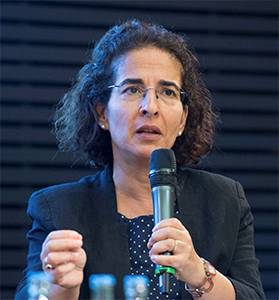Liberal and Post-liberal Religious Freedom in Church Employment: An Appraisal of the Strasbourg’s Case Law

Matteo Corsalini is a postdoctoral researcher at the University of Siena (Italy), Department of Social, Political and Cognitive Sciences. This post is based on a presentation given at the ICLRS 32nd Annual International Law and Religion Symposium, 6 October 2025.
In its first, 1993 decision on freedom of religion or belief (FoRB), Kokkinakis v. Greece, the European Court of Human Rights (ECtHR) famously held that FoRB is “one of the most vital elements that go to make up the identity of believers and their conception of life” (para. 31). The Court further clarified that, beyond protecting traditionally religious concerns, FoRB is also “a precious asset for atheists, agnostics, skeptics and the unconcerned” and thus overall a “matter of individual conscience” (para. 31). By employing such phrasing, the ECtHR appeared to ground the rationale for FoRB protection in wider concerns of individual self-determination—including through adherence to multiple, and at times unconventional, religions, or even to none. In this sense the ECtHR may be said to have developed a “generally liberal approach”[1] to FoRB—an orientation that the Court has repeatedly exhibited since Kokkinakis. Building on this precedent, the Court has in fact underscored the primacy of individual self-expression in religious matters, clarifying that FoRB protection should also cover religiously inspired practices that are not explicitly mandated by religious authorities and official dogma (see Eweida & Others v. UK, para. 81). In other words, what matters for the protection of idiosyncratic religious practices—the Court has clarified—is assessing whether they attain a certain level of “cogency, seriousness, cohesion and importance” for the individual believer only (see Bayatyan v. Armenia, para. 110).

